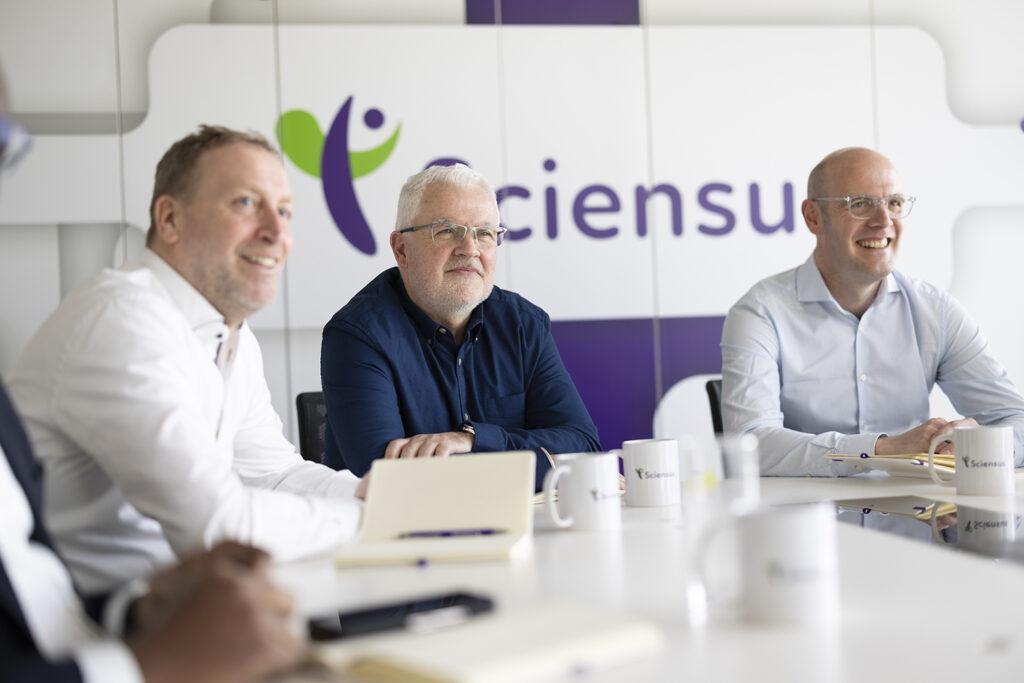
Out-licensing vs partnering: Strategies for accessing Europe
Out-licensing, partnering or going it alone. What is the best strategy to access Europe?
Many US biotech and pharma companies seeking to launch a new orphan drug in Europe are put off by the region’s complex landscape. With 27 countries, 24 languages, and a host of different cultures, healthcare systems, regulations, and reimbursement mechanisms to navigate, that reputation isn’t unreasonable.
However, there are several approaches companies can take to go to market easier and reduce complexities. Read on to learn about the three main options open to biotechs looking to launch into Europe: out-licensing, going it alone, and partnering with a specialist provider.
Out-licensing: what does it mean?
Out-licensing means giving another organization accountability for marketing and managing a product in Europe. It’s a form of partnership and can be a good option for companies without ambitions for large-scale European expansion.
Out-licensing enables firms to limit the investment needed to launch independently. It generally includes an upfront payment and ongoing royalties. However, it also means a loss of direct control of the product and a lower profit margin.
An experienced local partner can manage the challenges of navigating European compliance and regulation. However, with limited control over how the product is marketed and used, the company may be exposed to reputational risks.
Through out-licensing, organizations also lose their ability to build relationships with clinicians, patient advocacy groups, and the market. For this reason, it generally isn’t considered to be the best option for companies planning a future expansion into Europe.

Going it alone vs out-licensing
While daunting, there are clear benefits for companies in autonomously launching and managing European operations. As opposed to out-licensing, launching independently offers financial and reputational rewards. Maintaining full control over a product’s European launch includes control of product messaging, commercialization, pricing, and branding. What’s more, the company keeps all the margins.
However, this approach also requires a significant investment in resources and capital to set up the necessary European infrastructure. For companies with an appetite for this level of risk and long-term ambitions to build a larger-scale European operation, this could be an attractive option.

Partnering vs out-licensing
Partnering with a specialist provider is an option for organizations that don’t want to launch independently but also don’t want to lose direct control. Partners can help biotechs launch products in Europe while enabling them to keep control of how the product is marketed and commercialized. Partnerships cover a spectrum of relationships, from supporting companies with importation and logistics alone to a fully managed service for launching, distributing, and commercializing the product.
A strong collaboration with the right partner can limit costs and speed up market access through the partner’s established infrastructure, knowledge, and on-the-ground expertise. A partnership also offers an opportunity to build foundations in the region before potentially opting for independent expansion in the future.
What to look for in a partner
Specialist organizations offer different types of partnerships, so it can help to consider what’s needed from a European partner. Some key considerations are:
1. Rare disease expertise.
Biotechs with little local knowledge should look for a partner with expertise in rare diseases and European orphan drug distribution that offers the necessary know-how to navigate complicated regulatory requirements, reimbursement processes, and patient advocacy networks.
2. Reimbursement and cash collection.
Each European country is free to negotiate its own reimbursement deal. A partner with in-depth knowledge of European healthcare systems and reimbursement processes can help to secure favorable pricing and faster reimbursement.
3. Distribution and logistics.
Orphan drug supply is naturally low volume which can make it difficult to secure a specialist contract with a standalone distribution partner and guarantee safe and on-schedule delivery of stock. A partner with a well-established distribution network and dedicated medical storage facilities will ensure the product reaches patients across the continent quickly, safely, and efficiently.
4. Observational studies and patient support.
Rare and orphan medicines frequently receive EMA Market Authorizations under “extraordinary conditions”, necessitating “additional surveillance” like carrying out a post-authorization safety study (PASS). A partner with expertise in PASS will ensure that all necessary approvals are obtained swiftly. Additionally, providing a new medicine for a rare disease comes with its challenges, such as adherence and side-effect management. A partner with a track record of successfully implementing effective patient support programmes throughout Europe will will guarantee these issues are tackled effectively.

About Sciensus
Sciensus is a leading life sciences provider offering services at the intersection of patients and their complex medicines. We have more than 30 years of experience collaborating with US biotech companies to offer bespoke solutions. We deliver every aspect of orphan drug launch and supply, from early access through to full commercialization, including patient support programs and observational studies.
We have a wide network of local experts on the ground and a multilingual customer liaison team who can take orders, and manage the complete supply process across warehousing, customer communications, delivery, and cash collection. With a fully licensed medical warehouse in the Netherlands and a flexible international cold chain delivery network, we can reach most European sites within 24-48 hours.
To talk about a suitable strategy for accessing Europe based on your business needs, contact Sciensus at patients-found@sciensus.com or visit sciensus.com/rare.





